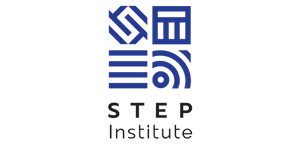About BAI
Objective
The main general objective of the BAI project is to support workers to develop the necessary skills to deal efficiently and satisfactorily with the challenges they pose the emergence of robots and Artificial Intelligence at work.
The project specific objectives are:
To provide European workers with the necessary knowledge to enable them to understand how the nature of work is changing and what are the current and expected short-medium term scenarios in which they will have to operate.
To promote literacy in Artificial Intelligence and robotics, illustrating concrete examples from a diversity of sectors and jobs.
To facilitate the development of non-cognitive skills that have been shown to be essential in new work environments.
To raise awareness on the implications on the jobs and working relationships of the incorporation of artificial intelligence and robotics into the labour market from a transversal and multisectoral perspective.
Target Groups
Workers, especially those with low qualifications or who are in occupations more vulnerable to be transformed at the short-medium term because of the automatization or digital transformation.
Labour counsellors and employment agencies, social agents and business representatives and VET centers working on formal education.
Human resources managers and training managers in companies, who are responsible to provide the workers with the necessary resources to deal changes in the workplace.
Results
BAI CASE STUDIES: Bots and Artificial Intelligence implications in new working environments.
The BAI Case Studies will illustrate in a simple way already real experiences of how these new work environments are which implications they have for workers at the level of skills and competencies.
TRAINING ON AI LITERACY AND KEY SOFT-SKILLS for workers in the digital age
A Training will address the development of those skills and abilities necessary to function in a work environment in which humans, robots and artificial intelligence coexist.








The project has been funded with support from the European Commission. The projects results reflect the view only of the authors, and the Commission cannot be held responsible for any use which may be made of the information contained therein.


